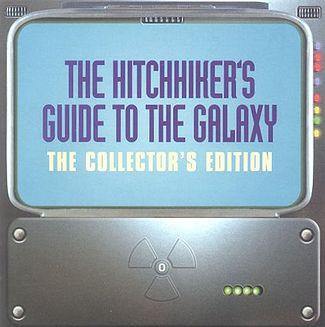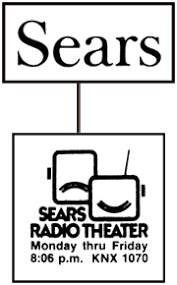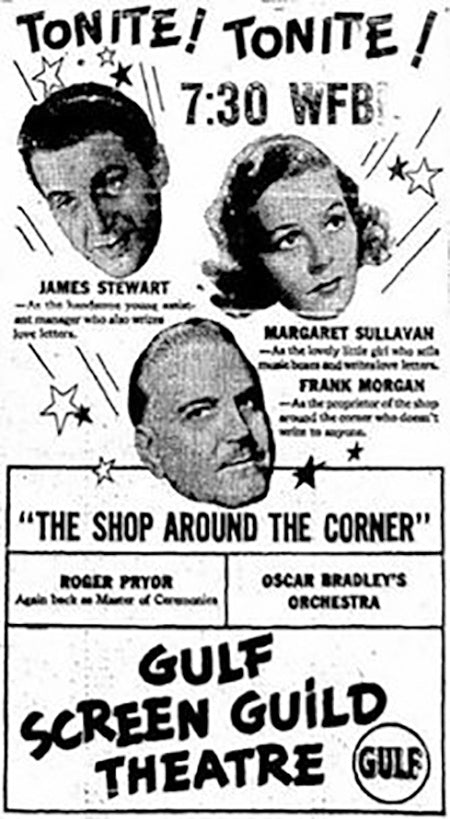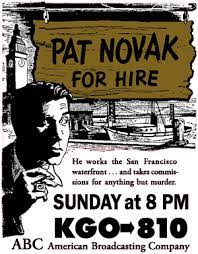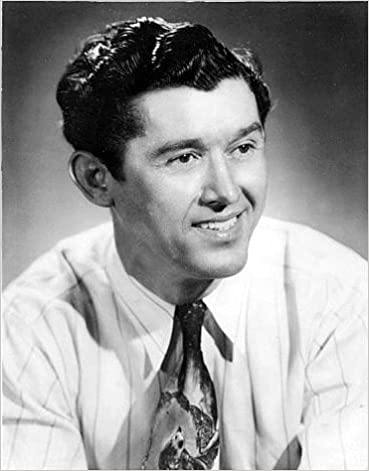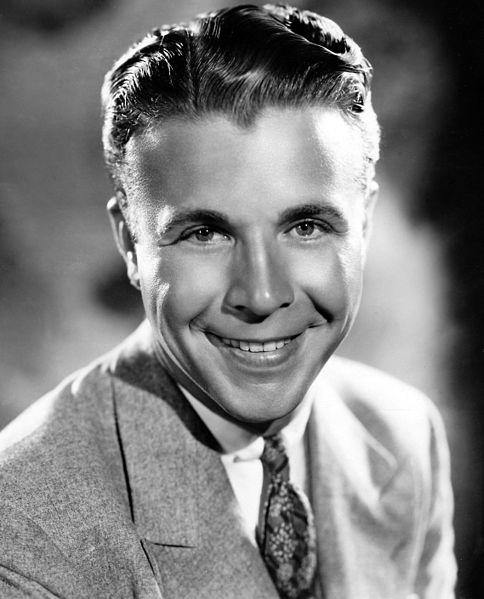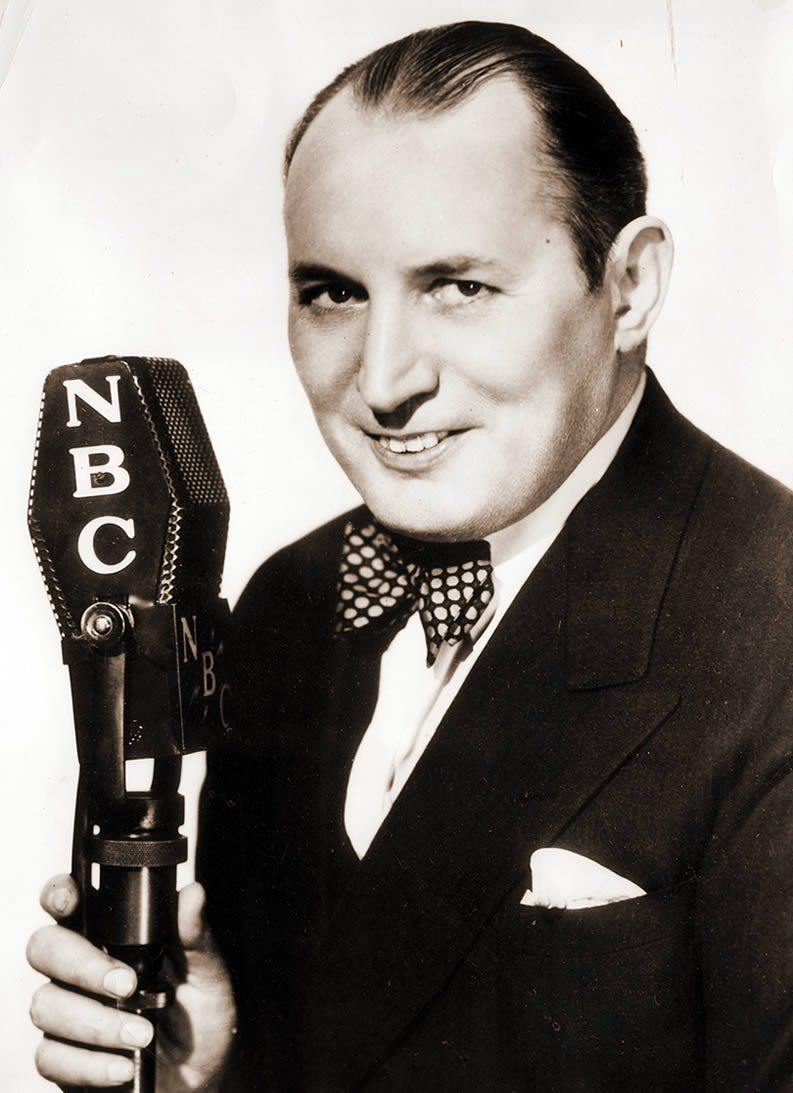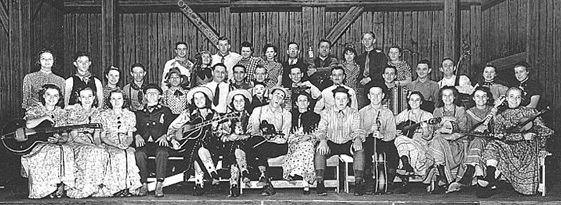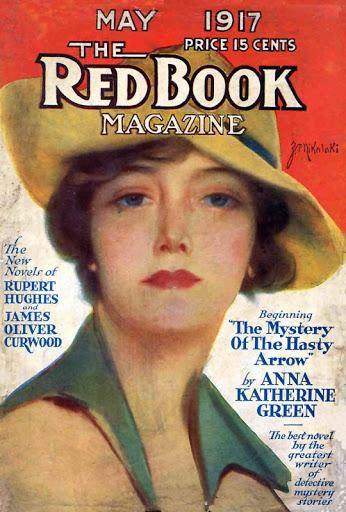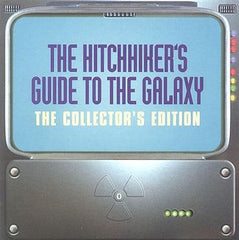 The Hitchhiker's Guide to the Galaxy is a science fiction comedy radio series written by Douglas Adams (with some material in the first series provided by John Lloyd).[1] It was originally broadcast in the United Kingdom by BBC Radio 4 in 1978, and afterwards the BBC World Service, National Public Radio in the U.S. and CBC Radio in Canada. The series was the first radio comedy programme to be produced in stereo, and was innovative in its use of music and sound effects, winning a number of awards.
The Hitchhiker's Guide to the Galaxy is a science fiction comedy radio series written by Douglas Adams (with some material in the first series provided by John Lloyd).[1] It was originally broadcast in the United Kingdom by BBC Radio 4 in 1978, and afterwards the BBC World Service, National Public Radio in the U.S. and CBC Radio in Canada. The series was the first radio comedy programme to be produced in stereo, and was innovative in its use of music and sound effects, winning a number of awards.
The series follows the adventures of hapless Englishman Arthur Dent and his friend Ford Prefect, an alien who writes for The Hitchhiker's Guide to the Galaxy, a pan-galactic encyclopedia and travel guide. After Earth is destroyed in the first episode, Arthur and Ford find themselves aboard a stolen spaceship piloted by a motley crew including Zaphod Beeblebrox (Ford's semi-cousin and Galactic President), the depressed robot Marvin and Trillian, the only other human survivor of Earth's destruction.
A pilot programme was commissioned in March 1977, and was recorded by the end of the following June. A second series was commissioned in 1979, transmitted in 1980. Episodes of the first series were specially re-recorded for release on LP records and audio cassettes and Adams adapted the first series into a best-selling novel in 1979. After the 1980 transmissions of the second radio series, a second novel was published and the first series was adapted for television. This was followed in turn by three further novels, a computer game, and various other media formats.
Adams had considered writing a third radio series to be based on his novel Life, the Universe and Everything in 1993, but the project did not begin for another ten years. Adams had died in May 2001. Dirk Maggs, with whom Adams had discussed the new series, eventually directed and co-produced radio series adaptations of that novel, as well as So Long, and Thanks for All the Fish and Mostly Harmless. These became the third, fourth and fifth radio series transmitted in 2004 and 2005.
Plot
In the first series, Earthman Arthur Dent is going to have his house demolished to make way for a new road, but before work can start his friend Ford Prefect informs him that the world is going to be demolished by a Vogon constructor fleet "to make way for a hyperspace bypass" and that he is in fact an alien writer for "The Hitchhiker's Guide to the Galaxy". Hitching a ride aboard the Vogon ship which has just destroyed Earth, the pair eventually find themselves aboard a stolen spaceship called The Heart of Gold. On board is Ford's semi-cousin and President of the Galaxy, Zaphod Beeblebrox, a woman Dent once met at a party called Trisha MacMillan (who has styled herself "Trillian") and a depressed robot called Marvin. Beeblebrox is searching for the mythical planet of Magrathea and the answer to the "Ultimate Question of Life, the Universe and Everything", which it turns out is "42". Dent and the others later find themselves at The Restaurant at the End of the Universe and ultimately held captive aboard a Golgafrincham ship which is just about to crash-land on Prehistoric Earth.In series two, Zaphod, wanted for stealing the Heart of Gold amongst other misdemeanors, is attempting to contact the editor of The Guide while escaping mercenaries from Frogstar, "the most totally evil place in the Galaxy". Arthur and Ford are eventually rescued after being stranded on prehistoric Earth for years and eventually reunited aboard the Heart of Gold, where they are pursued by Vogons. Finding themselves on the planet of Brontitall, populated by a race of bird-people, they hear about the rudest word in the universe and the Shoe Event Horizon. Escaping from this planet using a 900-year-old spaceship, the three eventually find themselves in the offices of the Guide editor, Zarniwoop, and we discover that it was Zaphod who accidentally signed off the Earth for destruction.
Production
One of Adams's stated goals was to be experimental in the use of sound. Being a fan of Pink Floyd and The Beatles (and especially the experimental concept albums both bands produced in the late 1960s and early 1970s), Adams wanted the programme to have the feel of a "rock album...to convey the idea that you actually were on a spaceship or an alien planet — that sense of a huge aural landscape".
The first series was therefore the first BBC radio comedy to use stereophonic techniques. Adams later said that before Hitchhiker's, stereo was deemed impossible for radio comedy and after it was made compulsory. Producer Geoffrey Perkins recalled that the technology available in 1978 for mixing sound effects at the BBC's Paris Theatre radio studio was limited. The production had one eight track tape recorder at their disposal and so many of the effects in the programme were mixed "live" with tape loops of background sound effects strung around the recording studio. Actors whose speech needed to be modified in post-production by Radiophonic technicians, such as Stephen Moore's performance as Marvin the Android, were recorded in isolation from the main "humanoid" characters.[19] Allegedly, Moore recorded most of his performance in a cupboard and met the other actors only after the first session was complete.
Sound and effects were created by Paddy Kingsland, Dick Mills and Harry Parker of the BBC Radiophonic Workshop. Several of the sound effects recorded by Dick Mills for the first series were released on the album BBC Sound Effects No. 26 - Sci-Fi Sound Effects. Other BBC staff members who worked on the first two radio series included Alick Hale-Munro (chief sound engineer) and Anne Ling (production secretary) and the "Technical Team" is given as: Paul Hawdon, Lisa Braun (studio manager), Colin Duff (studio manager), Eric Young, Martha Knight, Max Alcock and John Whitehall.
The first radio series (first six episodes) was broadcast on BBC Radio 4 in March and April, 1978. A seventh episode was broadcast on 24 December 1978. This seventh episode was commonly known as the Christmas Episode. This had nothing to do with Christmas except in an early draft (which would have had Marvin the Paranoid Android as the "star" that was followed by the Three Wise Men); it was called the Christmas Episode because it was first broadcast on Christmas Eve.
Production on the second series was delayed several times. While Adams was meant to be working on scripts for a stage adaptation of Hitchhiker's in April 1979, he was also employed as the Script Editor for Doctor Who and turned down an offer from John Lloyd to submit material for Not the Nine O'Clock News. The recording on the first day scheduled for the second radio series, 19 May 1979, was left incomplete because Adams had not yet finished the script. Further scheduled recordings on 11 July and 1 August of that year were also cancelled, this time due in part to Adams trying to work on the LP re-recordings of the first series, as well as its novelisation.
Further recording attempts were made on 23 October and 3 December. The recording of the final episode in the second series was completed on 13 January 1980: the audio mixing of the episode was not finished until 25 January, the day it was transmitted. The tape "arrived just a few minutes before transmission". The final five episodes, completing the second radio series, were broadcast in January 1980.
Music
The theme tune used for the radio series (and all subsequent adaptations) is "Journey of the Sorcerer", an instrumental piece composed by Bernie Leadon and recorded by The Eagles on their album One of These Nights. Adams chose this song for its futuristic-sounding nature, but also for the fact that it had a banjo in it, which, as Geoffrey Perkins recalls, Adams said would give it an "on the road, hitch-hiking feel".
Adams also wanted to incorporate music from a variety of pop, rock and classical artists. Series one ("The Primary Phase") included an eclectic range of modern classical, experimental rock and electronic music. The Hitchhiker's Guide to the Galaxy: The Original Radio Scripts lists works including A Modern Mass for the Dead (Requiem) by György Ligeti, A Rainbow in Curved Air by Terry Riley, Volumina by György Ligeti,Wind on Water by Robert Fripp and Brian Eno, Poppy Nogood and the Phantom Band by Terry Riley, Cachaca by Patrick Moraz, Shine On You Crazy Diamond (intro) by Pink Floyd, Rock and Roll Music by The Beatles, Also sprach Zarathustra (intro) by Richard Strauss, Katakomben by Gruppe Between, Space Theme by Stomu Yamashta, Oxygène by Jean Michel Jarre, That's Entertainment by Howard Dietz and Arthur Schwartz, Over Fire Island by Eno (with Fripp), Miracles of the Gods by Absolute Elsewhere, Mikrophoniet by Karlheinz Stockhausen, Melodien by György Ligeti, The Engulfed Cathedral by Isao Tomita, Volkstanz by Gruppe Between and What a Wonderful World by Louis Armstrong.
This diverse range of music was only featured during the first series due to the difficulty in obtaining rights for commercial releases (leading to episodes of the first series being remade as an LP album without the proprietary background music in 1979). For series two Paddy Kingsland was commissioned to provide background music and for the third to fifth series Paul 'Wix' Wickens was chosen.
International broadcasts and repeats
The series was first broadcast on BBC Radio 4 at 10.30pm on Wednesday 8 March 1978. Simon Jones recalled that Adams was initially disappointed at the scheduling as the timeslot was allegedly guaranteed to turn a programme into a "cult" (i.e. a small but dedicated listenership). As it happened, the programme gained listeners through the lack of any competition elsewhere on television or radio, but primarily through word of mouth; several Sunday newspapers included reviews and it was mentioned in Radio 4's Pick of the Week. As a result of its exposure through these reviews, the BBC received numerous requests for a repeat from people who had missed the initial episodes. A repeat of the series was broadcast on 23 April, only two weeks after the last episode had aired.
In the end, the complete first series was rebroadcast twice by the BBC in 1978 and once in 1979, as well as on the BBC World Service. The complete second series was rebroadcast once in 1980, and the complete original run of 12 episodes was broadcast twice over a twelve-week period, once from April to June 1981 and the second time from the end of March to the start of June, 1983.
Broadcasting by National Public Radio in the United States followed in March 1981 with a repeat broadcast in September. This was one of their first transmissions in stereo.The following year, 1982, the series was carried by CBC Radio (Canadian Broadcasting Corporation). A German radio version of the first six radio episodes, Per Anhalter ins All was transmitted in 1981 and the twelve original radio episodes have been translated and transmitted in Finland, France, The Netherlands and Sweden.
All of the episodes, including those completed after Adams's death, are referred to as "Fits" after Lewis Carroll's "The Hunting of the Snark: an Agony in Eight Fits". In 1981, upon a rebroadcast of the twelve episodes of the first two series, it was decided that the Christmas episode, which previously had no episode number, would be called "Fit the Seventh" and the episodes in the second series, which had first been billed as Fit the First to Fit the Fifth (representing five parts of the second series) would become Fit the Eighth to Fit the Twelfth.
Reception and awards
The first series was noted for its unusual concept, out-of-context parodies, "semantic and philosophical jokes", compressed prose and "groundbreaking deployment of sound effects and voice techniques".
The programme was a hit with listeners, although a BBC World Service listener in India allegedly "strongly objected to 'Robots taking part in a comedy show'" and another in Sierra Leone thought that "as a source of information it is misleading". One listener complained to the Radio Times that "In just about 50 years of radio and latterly TV listening and watching, this strikes me as the most fatuous, inane, childish, pointless, codswallopping drivel...It is not even remotely funny".
BBC Radio 3's Critics Forum thought the show had "the sort of effect that a Monty Python programme actually has, of making everything that appears immediately after it on radio or television or whatever, seem absolutely ludicrous". By the time the sixth episode was broadcast, the show had become a cult hit.
The success of the series encouraged Adams to adapt it into a novel, which was based on the first four Fits and released in the second week of October 1979. While the second radio series was being recorded in 1979, Adams was commissioned to deliver a pilot script for a television adaptation, which, after a number of delays, was delivered by 1981. The storyline set out by the initial radio series has since appeared in numerous formats including a 1984 video game and a 2005 feature film.
The original series was the recipient of a number of awards including the Imperial Tobacco Award (1978), The Sony Award (1979), The Society of Authors/Pye Awards 'Best Programme for Young People' (1980) and the Mark Time Awards 'Grand Master Award' (Adams) and 'Hall of Fame' (1998). It was the only radio show ever to be nominated for the Hugo science fiction awards, in 1979, in the 'Best Dramatic Presentation' category. As a result of the series, Douglas Adams was inducted into the Radio Academy's Hall of Fame.
Check out the MP3 CD-R below:

